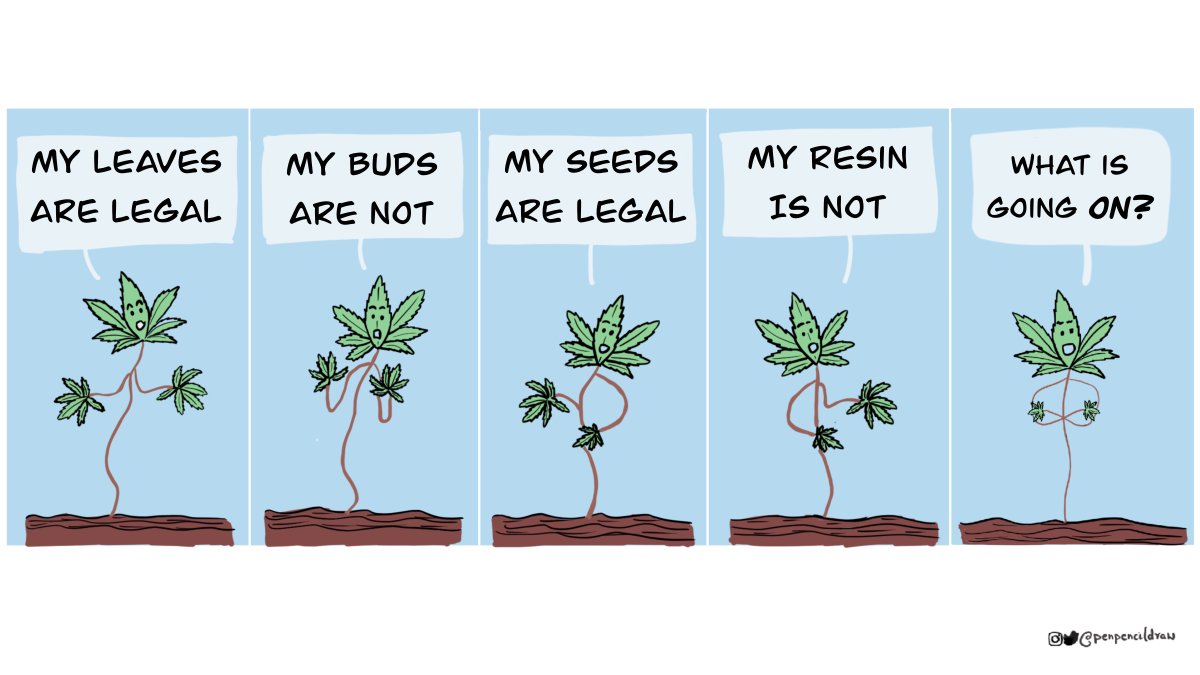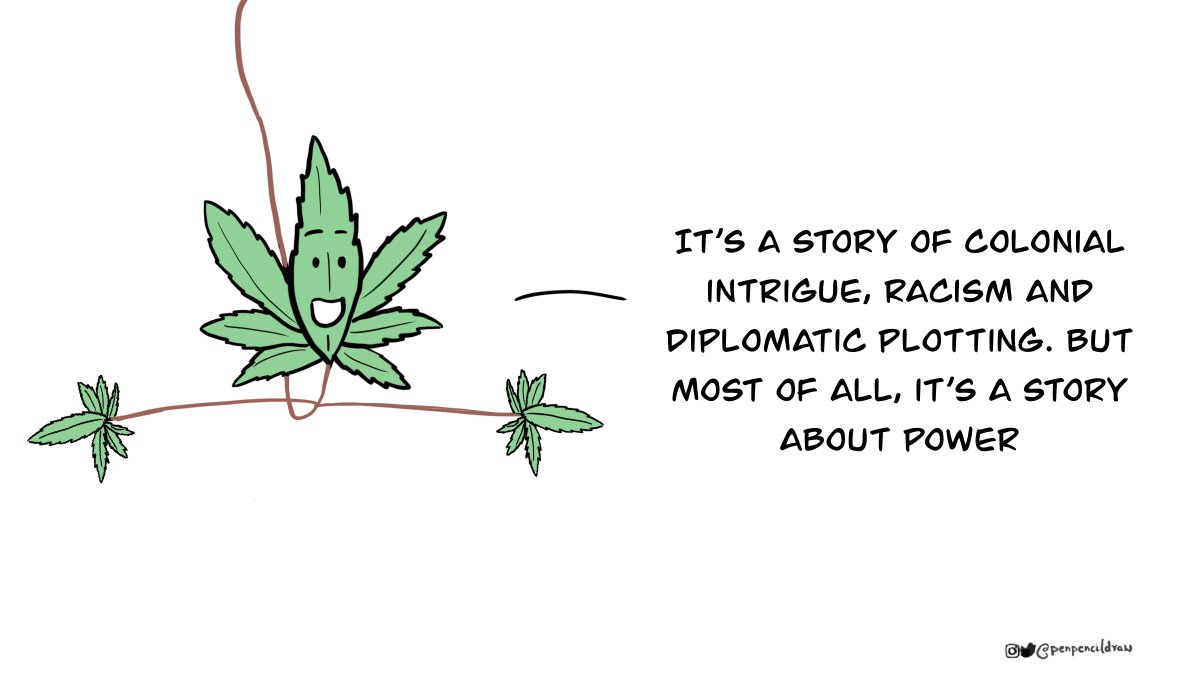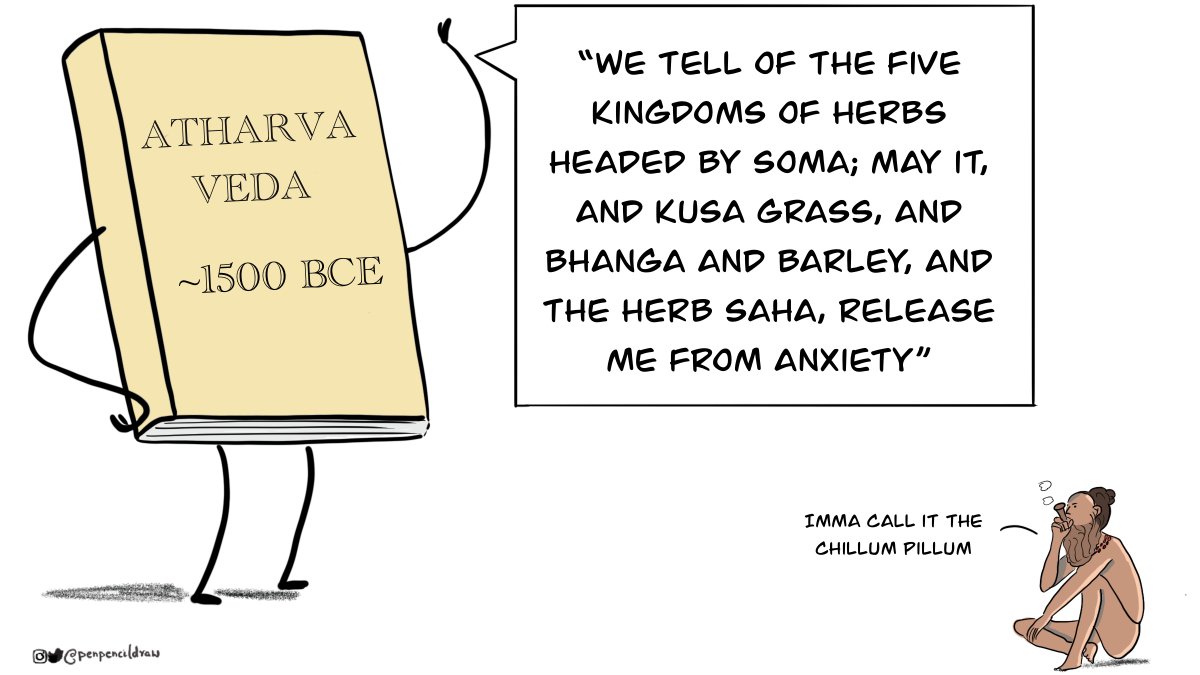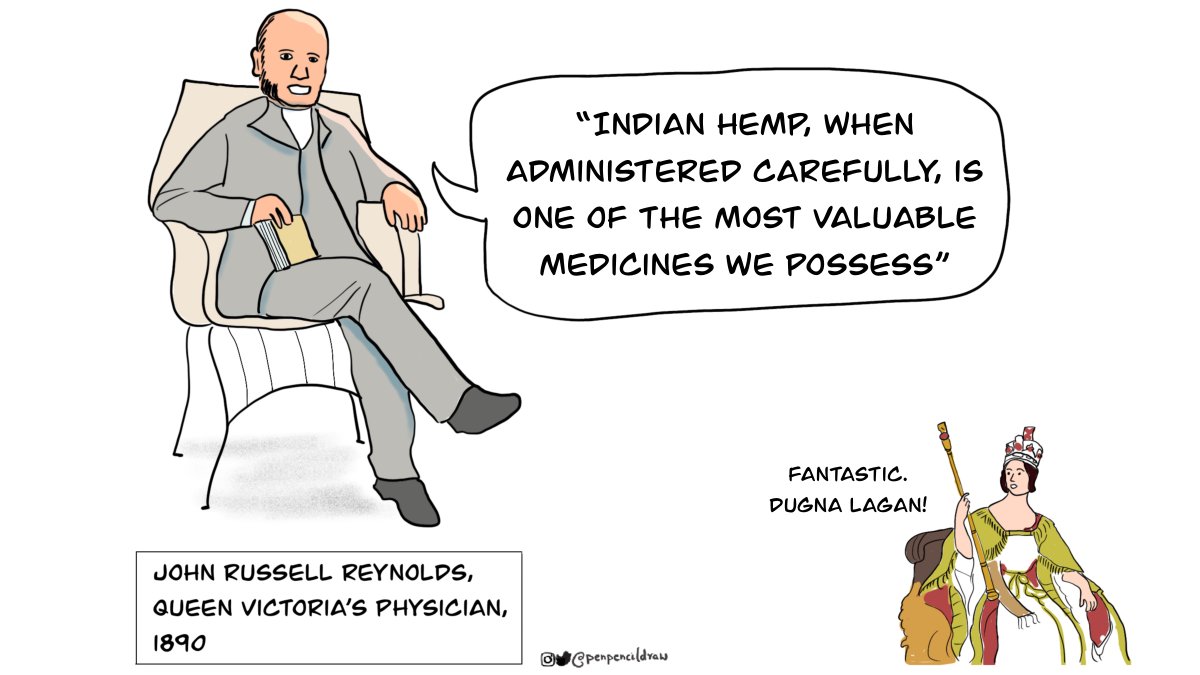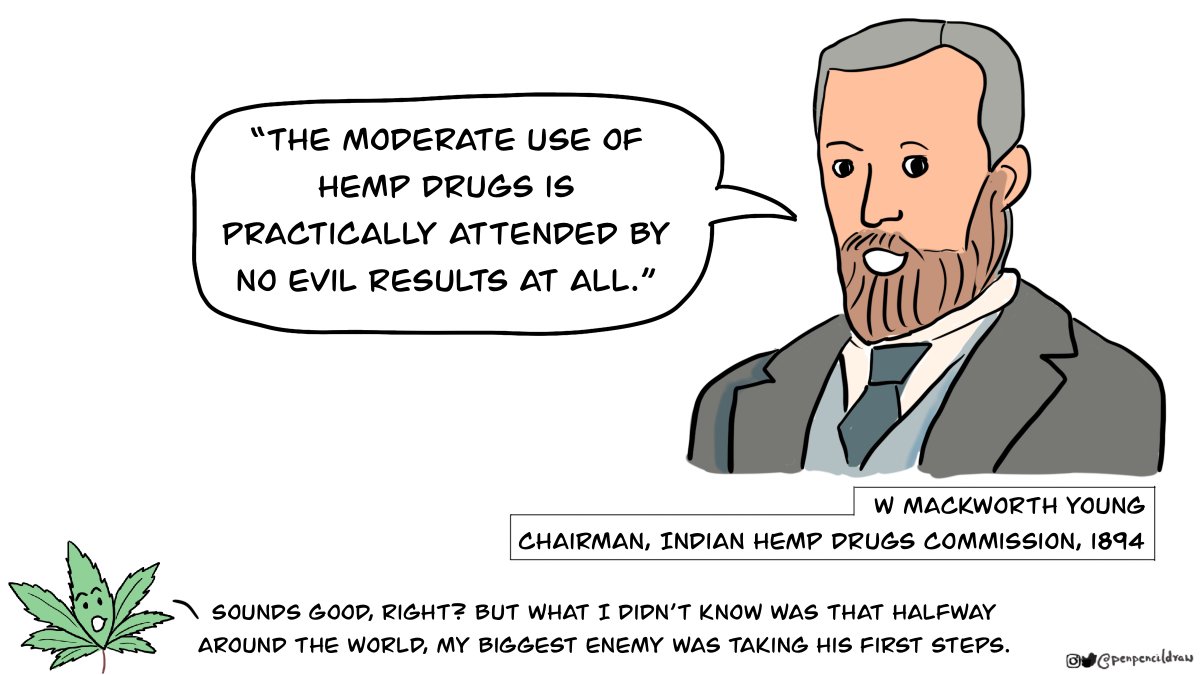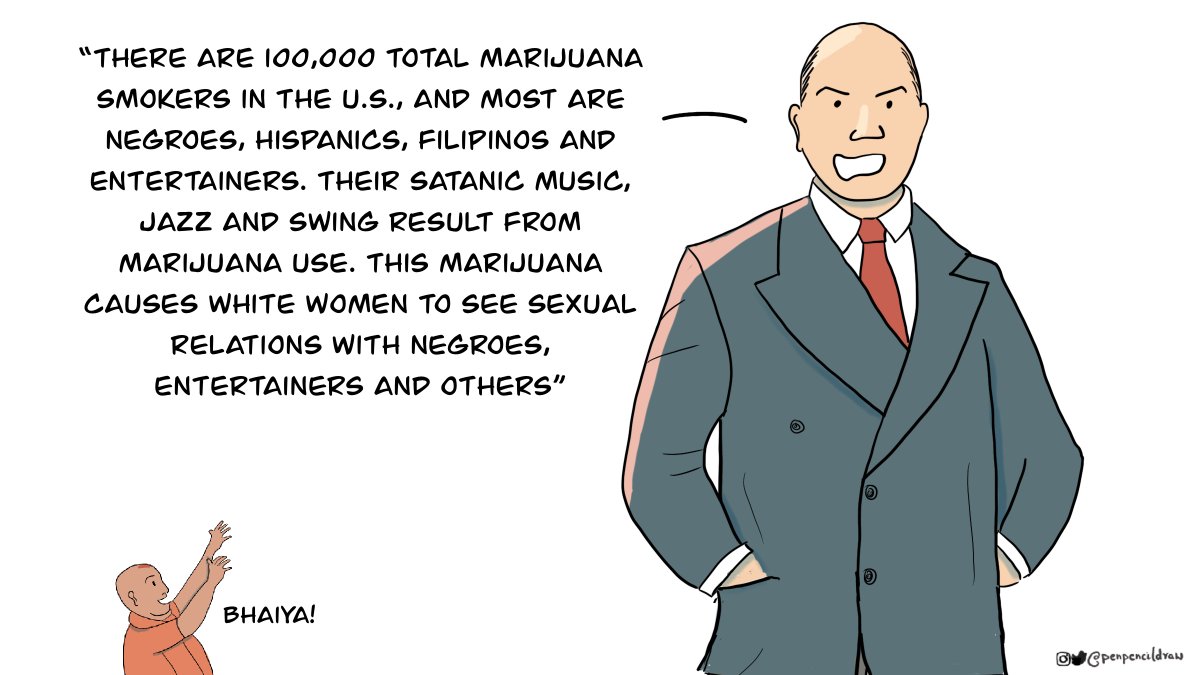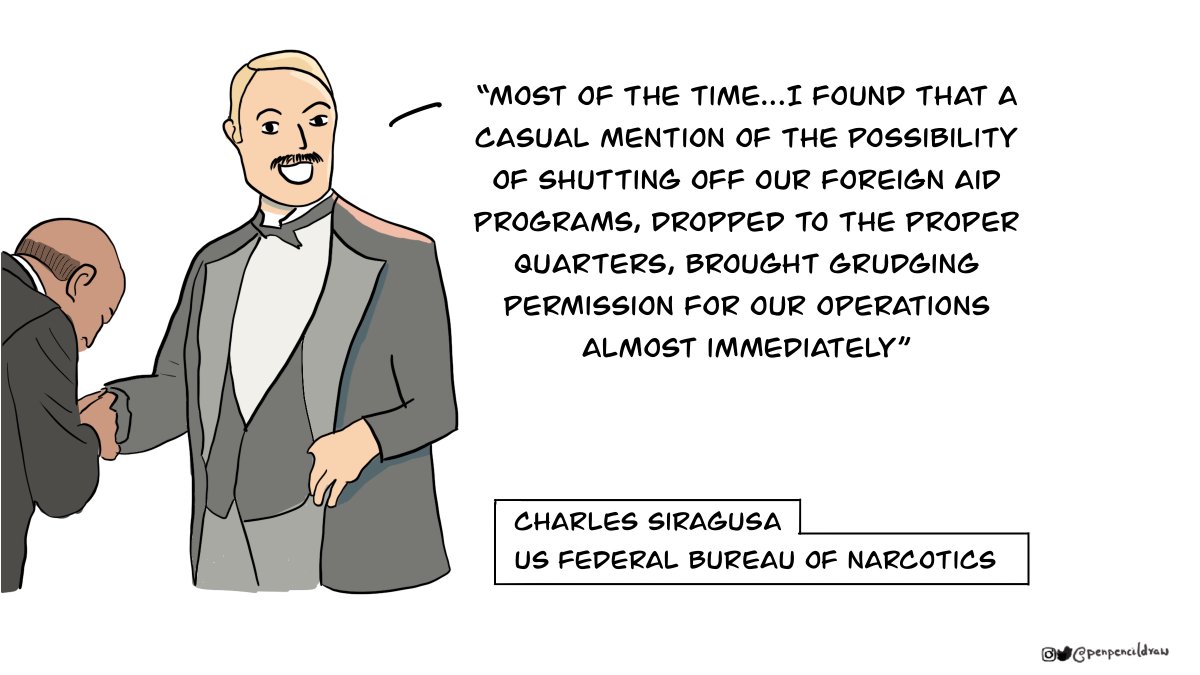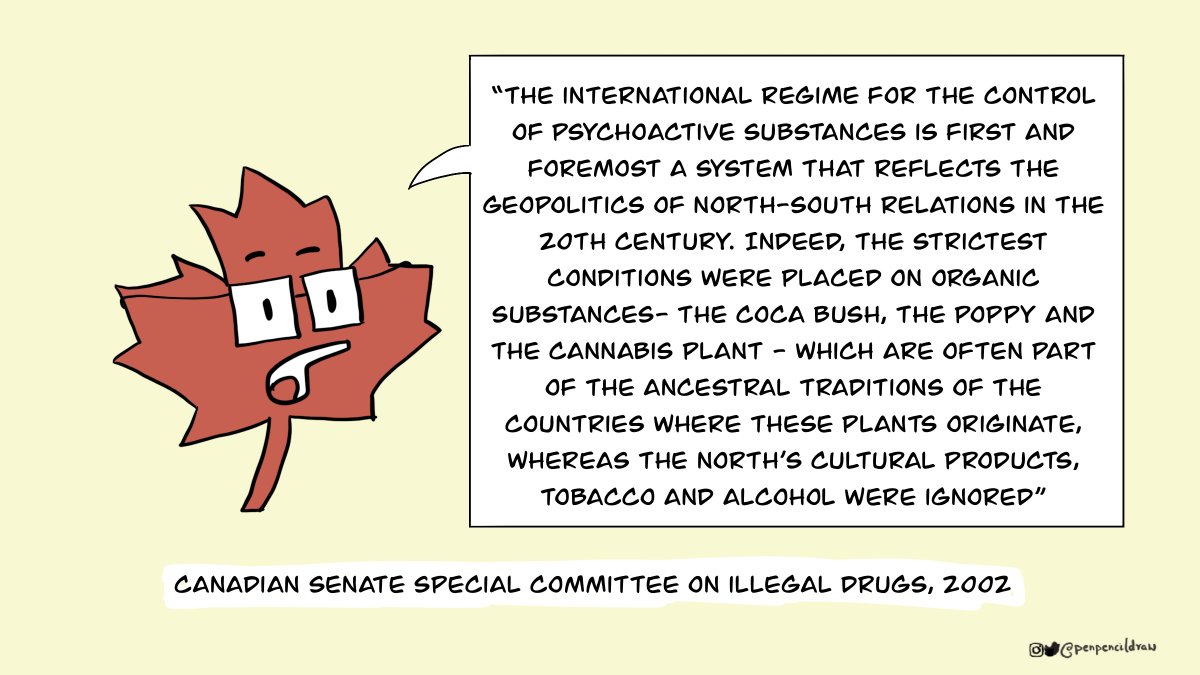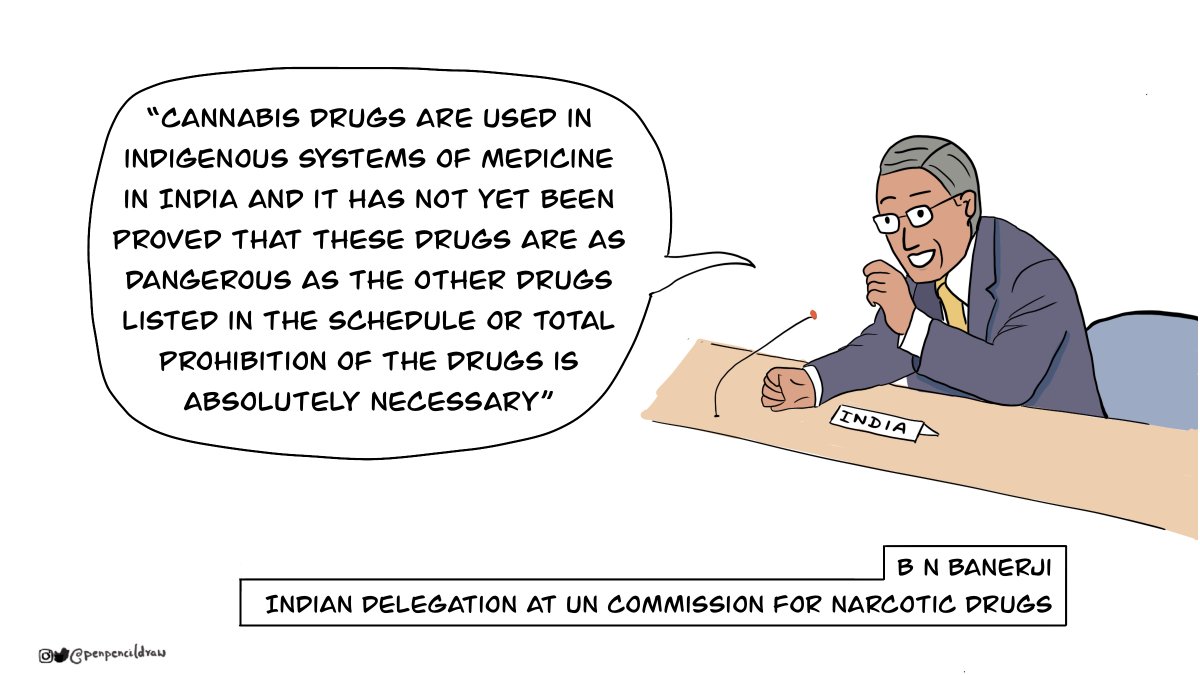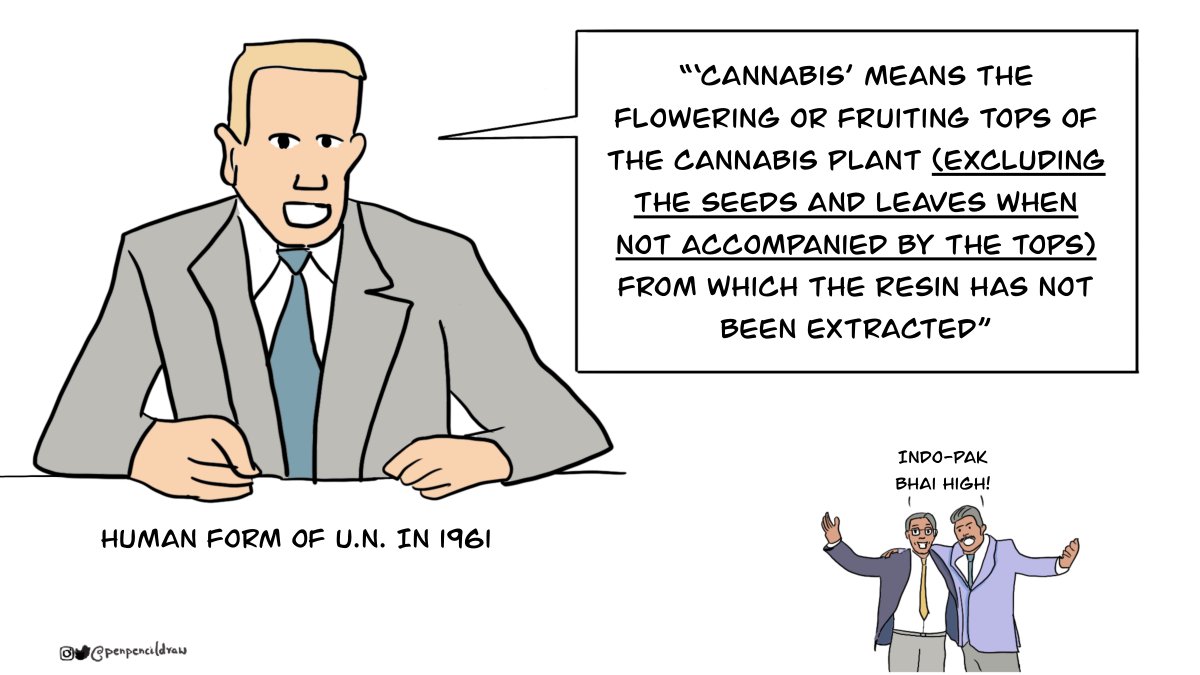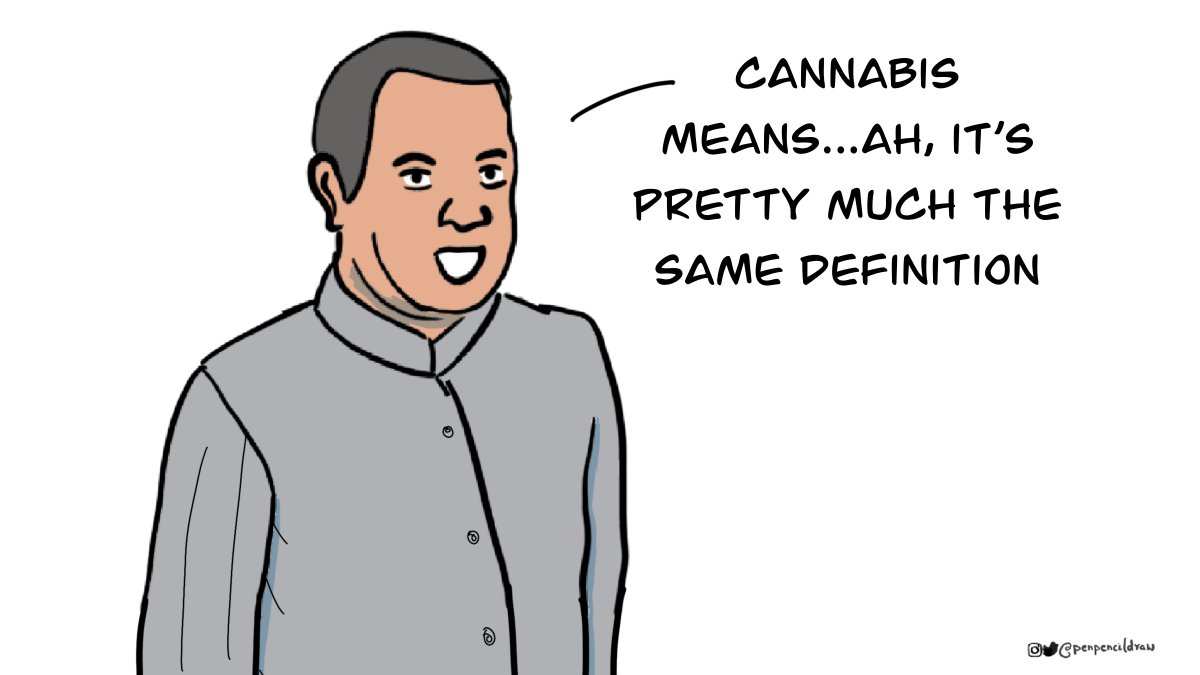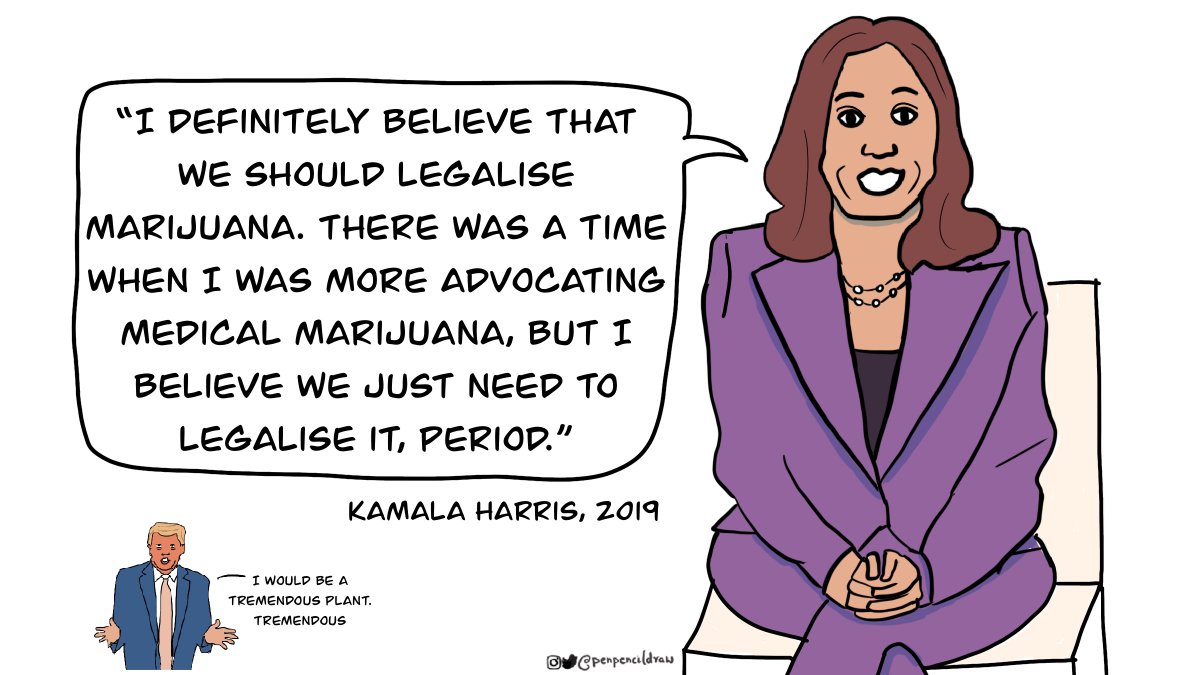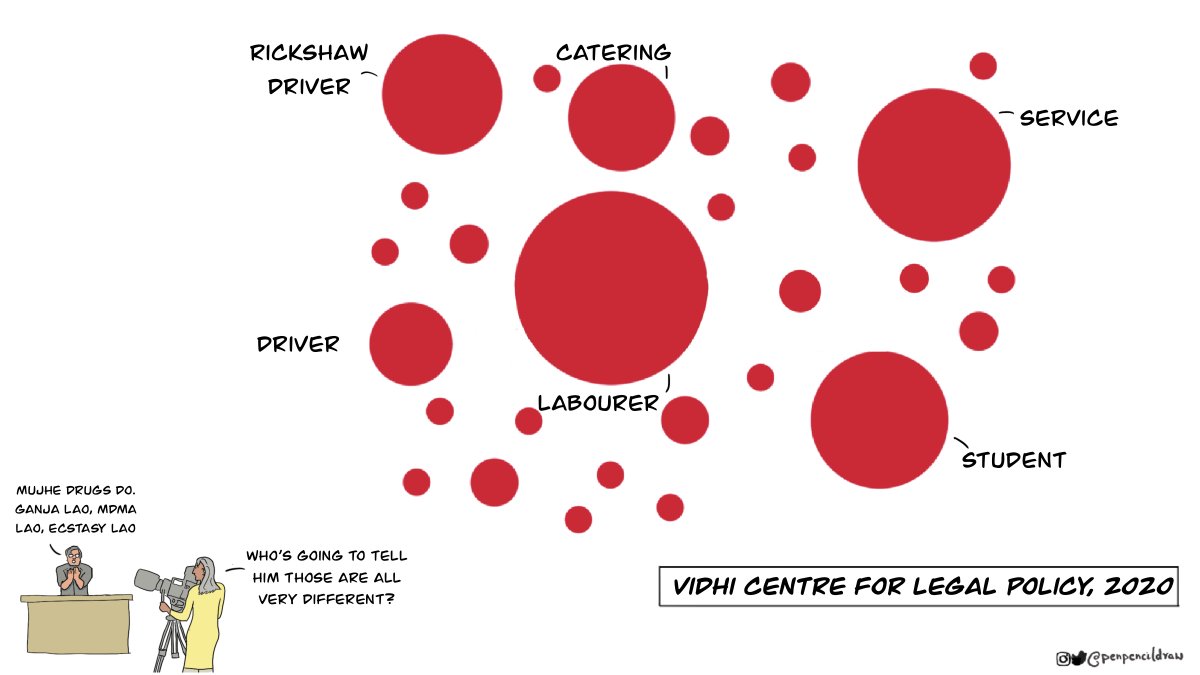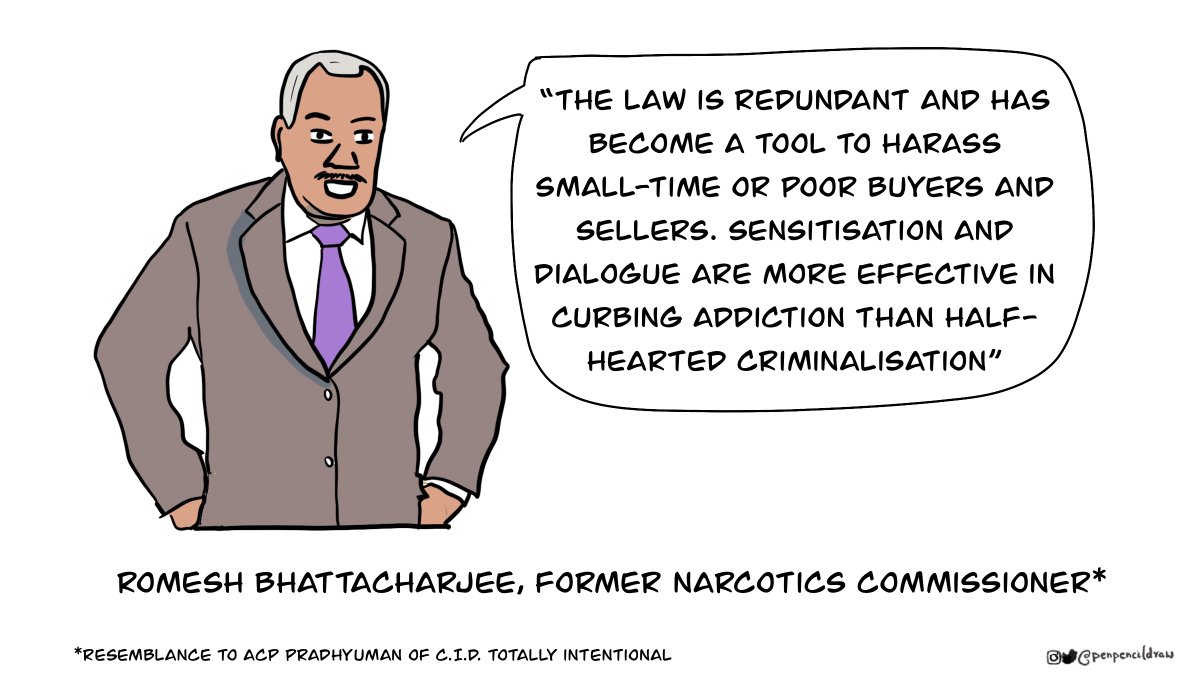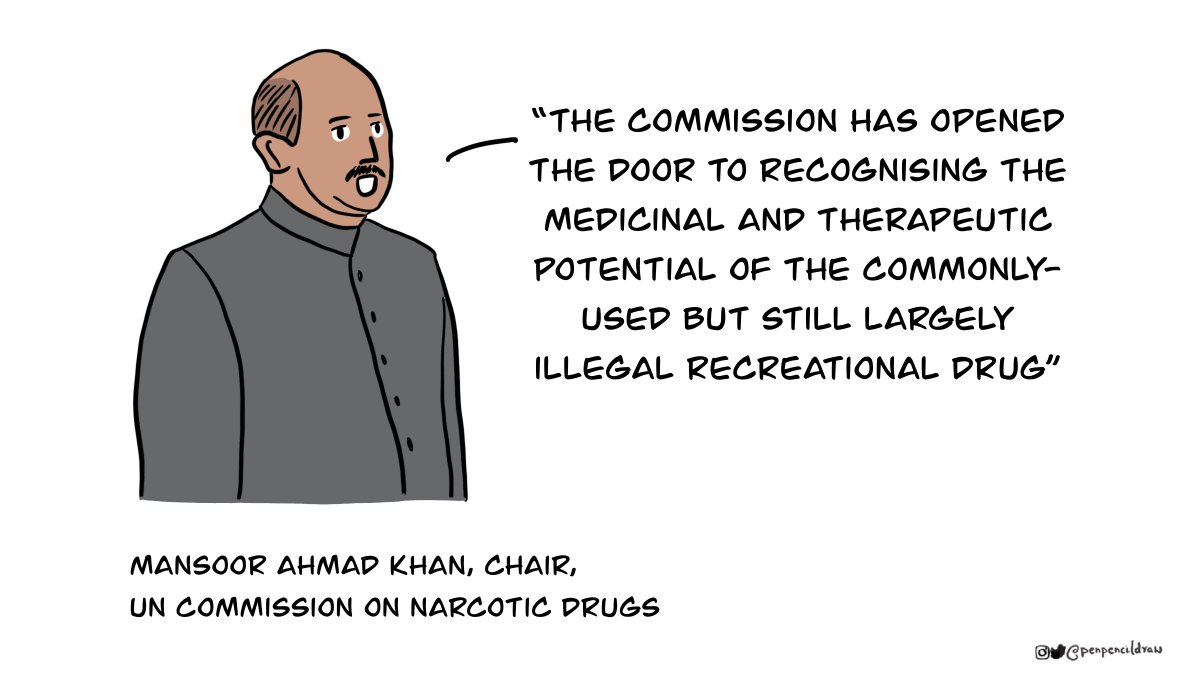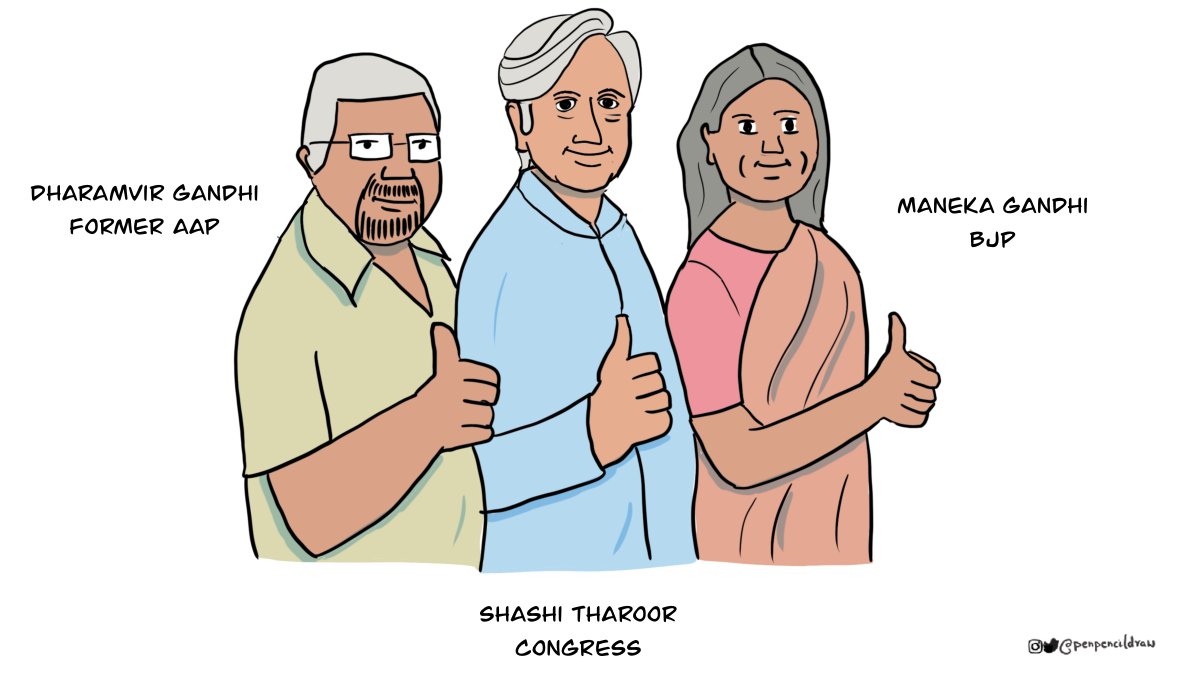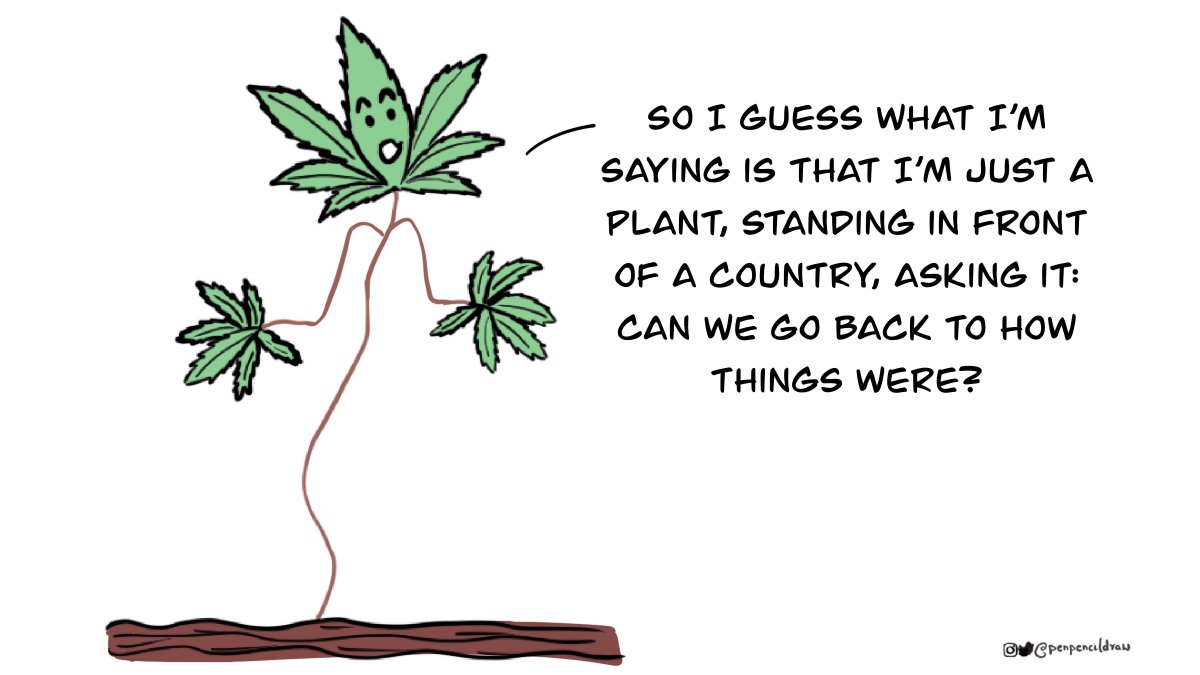Ancient Indians knew of cannabis very well. https://journals.sagepub.com/doi/full/10.1177/0253717620957501
For hundreds of years, cannabis was used to treat everyday ailments, pain relief and recreation. And that lasted into colonial times. https://www.bmj.com/content/357/bmj.j2130.full
Some officials claimed that cannabis caused insanity, so the British set up the Indian Hemp Drugs Commission to investigate. It ended up recommending that cannabis not be banned, but more regulated and taxed. https://www.economist.com/asia/2020/10/22/indian-stoners-face-a-moral-crusade
Harry Anslinger started his career enforcing US alcohol prohibition laws. When prohibition ended, he started attacking cannabis as a law enforcement problem. https://www.theguardian.com/society/2018/jan/29/marijuana-name-cannabis-racism
After World War II, the US became the world’s biggest superpower. Anslinger represented it at the UN’s new commission on narcotic drugs, and his agents began using US clout to influence global drug policy. https://www.vice.com/en/article/594j8b/how-america-convinced-the-world-to-demonize-drugs
An aside: Global drug policy depends on who holds power and what benefits them. That’s partly why tobacco and alcohol are treated differently from cannabis. https://www.tni.org/files/download/rise_and_decline_web.pdf
At the UN, the US pushed for an international treaty banning cannabis along with more dangerous drugs. But there was resistance, led by India. https://www.ncbi.nlm.nih.gov/pmc/articles/PMC6440645
Eventually the UN Single Convention on Narcotic Drugs came about & cannabis was classified with dangerous drugs like heroin. But pressure from countries like India & Pakistan ensured some parts of the plant were protected, and governments were given 25 years to ban other uses.
The US went on to launch an ill-fated ‘war on drugs’. And in 1985, the Rajiv Gandhi government in India passed the Narcotic Drugs and Psychotropic Substances (NDPS) Act.
But today, many countries are turning the clock back on cannabis. Medical and recreational marijuana is now legal in several US states and in countries like Canada and South Africa. The US Congress has now passed a bill to decriminalize cannabis.
But in India, cannabis is now a villain. In Mumbai, which has the most NDPS arrests in the country, nine out of ten people arrested are not drug barons but cannabis users, most of them slum and street-dwellers. https://vidhilegalpolicy.in/research/criminalisation-leads-to-exploitation-the-mumbai-story-no-one-knows-about/
Many experts agree that drug addiction is better treated as a public health issue, and that cannabis should be decriminalized and regulated. https://www.indiatoday.in/magazine/cover-story/story/20200928-should-india-make-cannabis-legal-1723088-2020-09-19
Last week, the UN narcotics commission, based on World Health Organization recommendations, removed cannabis from its list of most dangerous substances. https://news.un.org/en/story/2020/12/1079132
Before India's current crackdown on cannabis, some politicians across parties have said they are in favour of decriminalising and regulating it.

 Read on Twitter
Read on Twitter